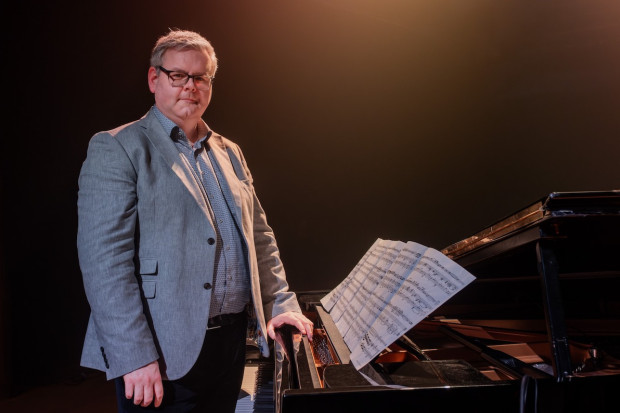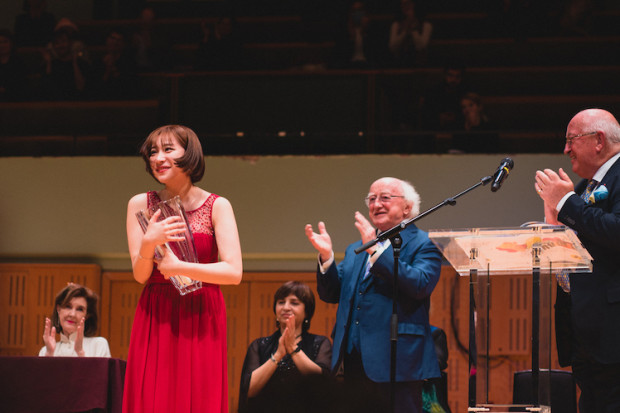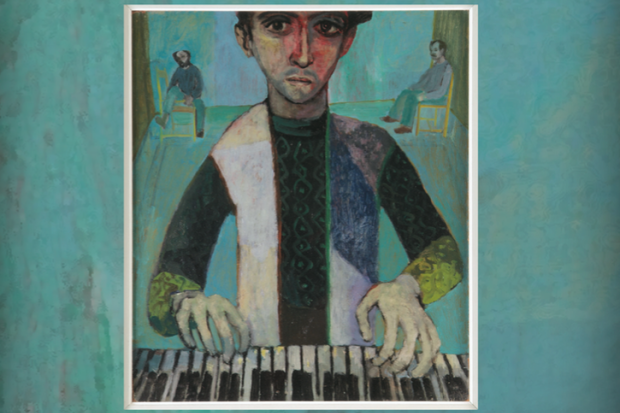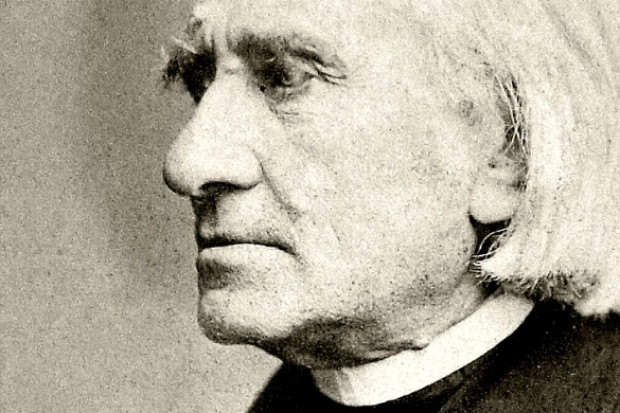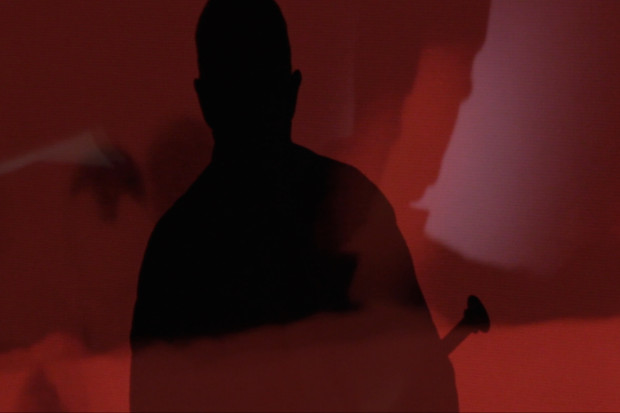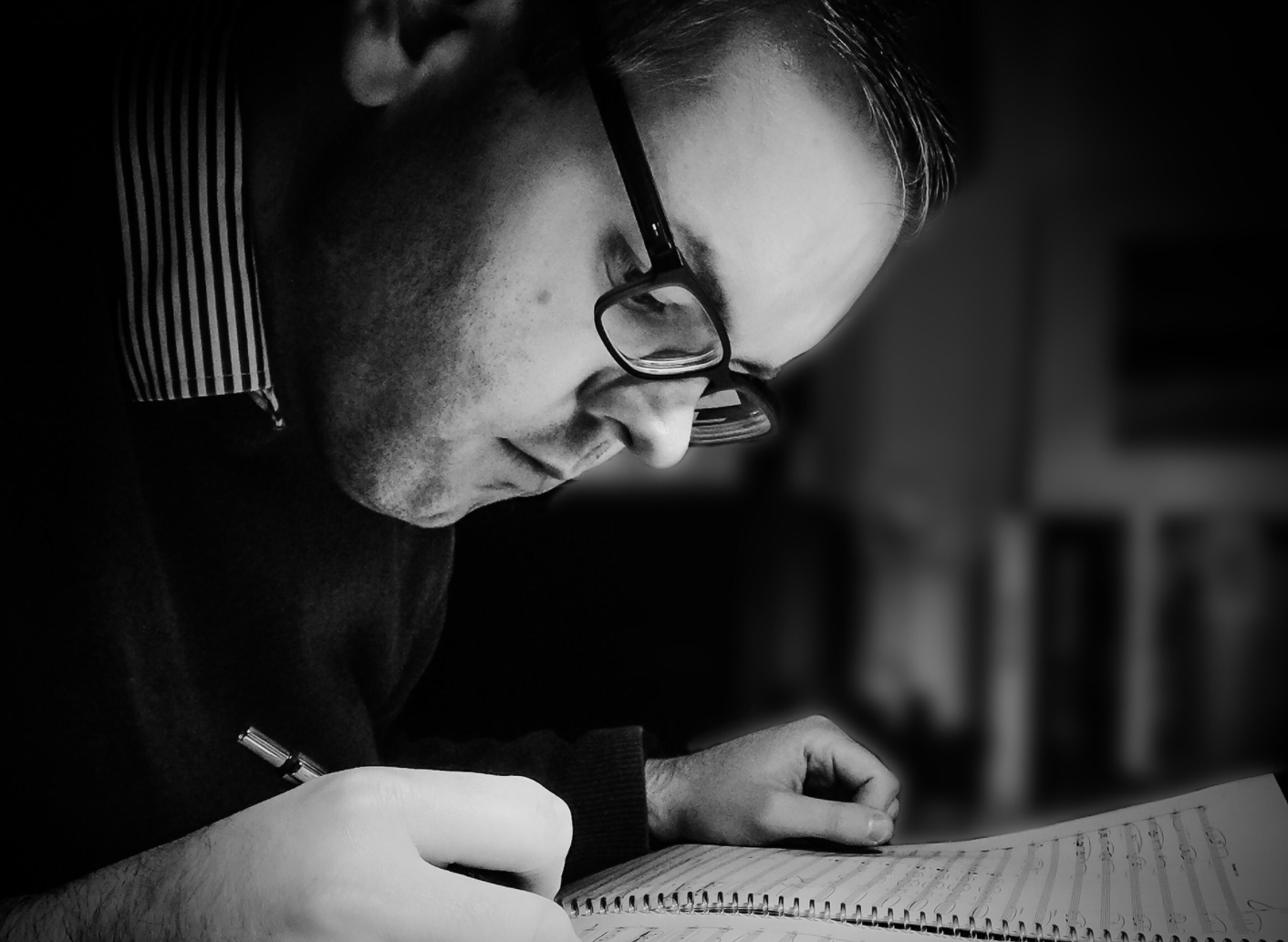
Ryan Molloy
Synthesis of Traditions
The historical relationship between Irish traditional music and its contemporary classical counterpart is an interesting one, with many composers and performers through the decades actively trying to ‘bridge the gap’ between these two musical realms. Ryan Molloy is a composer, arranger, academic and performer who has been part of both musical scenes, and has dedicated much of his musical output to using frameworks of traditional Irish folk music in the context of modern compositional practices. A native of County Tyrone, Molloy’s musical journey began on fiddle and was followed by piano leading him into a classical music education. Nevertheless, Molloy has always maintained a strong relationship to his Irish traditional roots and his compositional work to date, including The Séamsur Series (2010 – 2011), Sliabh Gael gCua (2012), and his commissioned harp concerto for RTÉ Lyric FM’s 20th Anniversary Gealán (2019), are all not only known for their bimodality but for their use of identifying markers of Irish traditional music, including ornamentation, modal language and rhythm. With a reputation for bringing a unique box of colours to the traditional ‘vamp style’ piano accompaniment, Molloy has made his way onto a number of recordings, including the Dave Munnelly Band’s By Heck (2004), Galway fiddle player Fergal Scahill’s Wayfaring (2011) and Scahill and Molloy’s recently released duo, One Day: November Woods; Molloy often transports instrumental albums into something more sonically adventurous, so when I received his solo album Pianophony, I was excited to hear what he could produce in the spotlight.
Pianophony is a blend of old and new Irish traditional music on solo piano, and, due to its nature, it is natural for one to draw a comparison between Molloy and his pianist peers, particularly the late Mícheál Ó Súilleabháin. Similar to Ó Súilleabháin, it is very difficult to put Molloy into one particular musical ‘box’, due to him being able to come under the guise of a multitude of things – postmodernist composer, academic, Irish traditional musician. However, Pianophony as a collection is very much consistent throughout in terms of the selection of music and demonstrative of a more conservative yet individualistic piano playing style from Molloy.
Much of the recorded Irish traditional music that has emerged over the last decade has been a continuation of the work of musicians at the turn of the twentieth century, in terms of a conscious (or perhaps unconscious) effort to push the parameters of the music. This album swings towards a more traditional approach overall, with traces of Molloy’s experience in classical composition being exemplified on some tracks more than others.
Flurries of notes
The twelve-track album begins with ‘The Wounded Huzzar’. The melody moves effortlessly with the placement of temperate, open piano chord voicings towards the end of the track being a stand-out feature. The air is tastefully decorated with flurries of notes, a captivating bass line and ornate chordal embellishments, creating a beautiful introduction to the album as a whole. Does it set the tone for the rest of the album? Not exactly and whilst the seamless change to track two, ‘Greenfields’ (composed by Kieran Munnelly) would suggest so, we see a change in mood and tempo in tracks three and five, ‘The Battering Ram & Lucy Farr’s’ and ‘The Broken Pledge & Dinny O’Briens.’ These two tracks are examples of the many moments throughout this album where you can’t help but smile at Molloy’s inflections to the simplest of Irish tunes, bringing with him a new layer of colour and possibility.
The album includes four vocal tracks, all delivered by Donegal singer Shauna Mullin. Mullin’s voice alone possesses something still and serene, but when matched with Molloy’s piano playing, a dream-like quality is created. It is in these vocal tracks where beauty meets purity. A personal favourite is the adaptation of the Tom Waits song ‘The Briar and the Rose.’ The pairing of the double bass, jazz style piano accompaniment and the natural richness of Mullin’s vocal adds a new dimension to the lyrics and sets this track apart from others on the album.
As with every album, there are certain tracks that you will revert back to again and again. ‘Greenfields’ and Molloy’s version of ‘The Mountains of Pomeroy’ stand out here. ‘Greenfields’ is an example of his expertise in arranging, and the counterpoint used in this track is hypnotic. The rolling melody is charmingly ornamented throughout, with Molloy making excellent use of the high register to create an enchanting atmosphere. ‘The Mountains of Pomeroy’ illustrates how to fill a melody to the brim with feeling. The phrasing used throughout allows the listener to sit with every note as it is played and truly reflect, making this track the perfect ending to this album.
As rich in its variety of emotion as it is in Molloy’s technical ability, Pianophony allows each strand of his talents as an accompanist, a composer and as a soloist to shine. As a whole, this album blends to create a contemporary exemplar of the piano in Irish traditional music with Molloy’s understanding of the potential of traditional and contemporary synthesis shining through.
Click on the image below to listen to Pianophony. To purchase the album on CD, visit https://ryanmolloy.bandcamp.com/album/pianophony. For more on Ryan Molloy, visit https://ryanmolloy.ie.
This is the fifth review published as part of our new Traditional Music Writer Mentoring Scheme supported by the Arts Council’s Deis traditional arts scheme. Over a number of months the editorial team of the Journal of Music are working with five new writers – Kevin McCullagh, Sadhbh O’Sullivan, Miceál Mullen, Ciara O’Leary Fitzpatrick and Moya Sweeney – and publishing their reviews of traditional music around Ireland.
Read more about our previous Music Writer Mentoring Schemes here.
Published on 23 April 2020
Miceál Mullen is a graduate of the BA in Applied Music at Dundalk Institute of Technology. He is a music educator and performer on banjo and mandolin with Irish traditional band Cúig.











